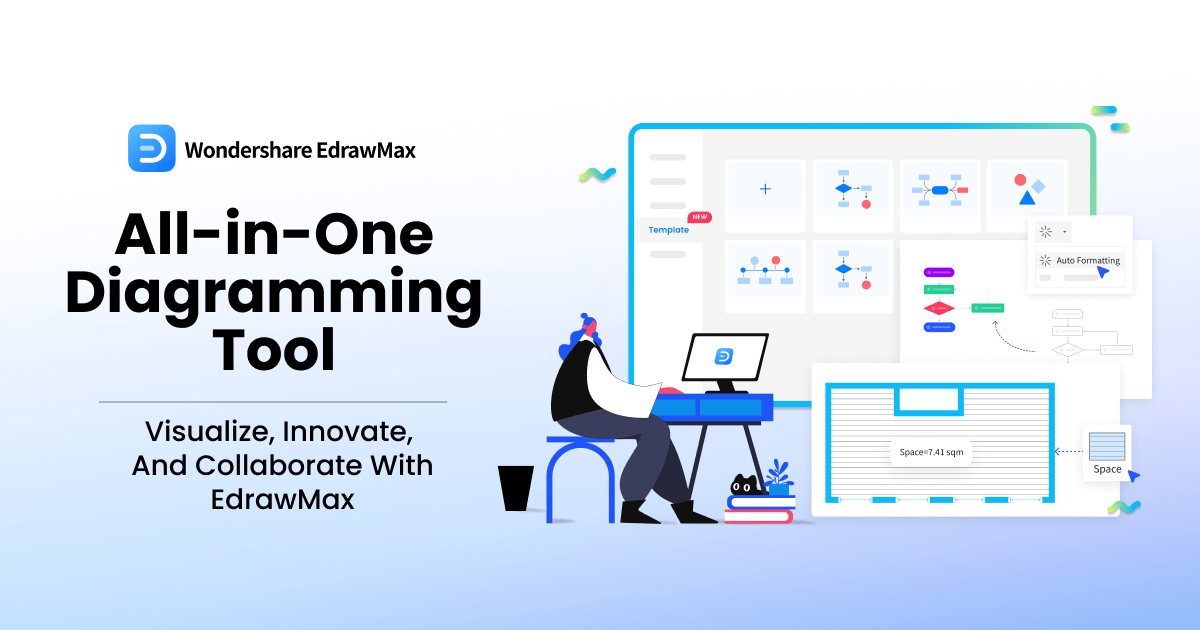System architecture is the conceptual model that defines the structure, behavior, and views of a system. It describes how system components interact and communicate with each other.
A complete system consists of integrated components and subsystems working together to achieve the system's intended purpose.
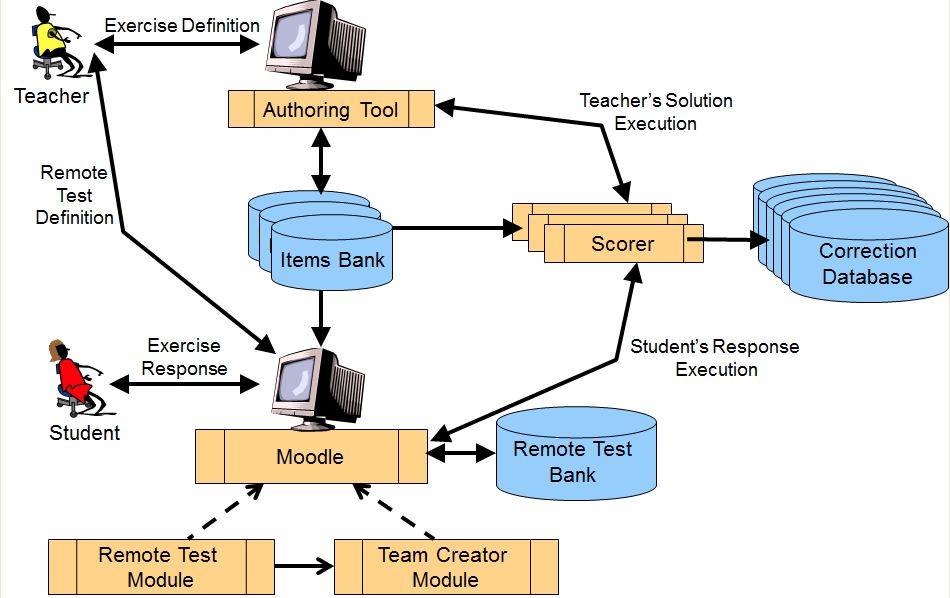
Image Source: www.upc.edu
System components include both hardware and software elements, their relationships, and how they transmit and process data.
The system architecture is designed with business logic and requirements in mind. This architecture can be both formal and detailed depending on project needs. Key considerations include:
- System quality attributes and performance metrics
- The enterprise's IT infrastructure and environment
- Alignment with customer design specifications
- Support for business strategies and objectives
- Human dynamics and usability for both technical and non-technical users
What is a System Architecture Diagram?
A system architecture diagram provides the visual representation of a system's architecture. This diagram offers an abstract view of system components and their relationships, illustrating how the system functions.
This fundamental example represents the general structure of most systems and serves as a foundational reference point.
To use these templates, click to download them. Note: EDDX files require EdrawMax. If you don't have EdrawMax yet, you can download EdrawMax for free!
Using this architecture, development teams can distribute work efficiently—one team handles client-side development, another manages backend servers, and a third oversees database management.
This approach facilitates team collaboration and communication, ensuring frontend and backend components work seamlessly together. System architecture diagrams serve as blueprints for system design, enabling upgrades, issue resolution, and supporting product marketing efforts.
Types of System Architecture Diagrams
System architecture diagrams vary based on system type, including:
- Software Architecture Diagram
- Hardware Architecture Diagram
- Enterprise Architecture Diagram
- Collaborative Systems Architecture Diagram
- Manufacturing Systems Architecture Diagram
- Strategic System Architecture Diagram
Benefits of Using System Architecture Diagrams
Key advantages of system architecture diagrams include:
Serves as a Development Blueprint
System architecture diagrams provide foundational guidance for development teams, enabling efficient collaboration, communication, system development, maintenance, and upgrades.
Aligns with Customer Requirements
These diagrams translate customer needs into visual specifications, giving developers clear direction while maintaining focus on customer perspectives.
Enhances Supplier-Customer Relationships
By accurately modeling customer requirements, suppliers increase their market value and build stronger client relationships through precise system representation.
Ensures Regulatory Compliance
System architecture diagrams help maintain compliance with industry standards, enhancing reputation with regulatory bodies and avoiding potential fines.
System Architecture Diagram Examples
These practical system architecture examples will clarify diagram concepts and applications.
To use these templates, click to download them. Note: EDDX files require EdrawMax. If you don't have EdrawMax yet, you can download EdrawMax for free!
Example 1: System Test Architecture Diagram
This architecture supports automated testing systems that perform software validation automatically. Despite automation, it still requires comprehensive system architecture.
The diagram shows all components enabling system operation, with fed test cases automatically testing systems through domain layers containing software operation information.
Example 2: Content Assignment System Architecture Diagram
This architecture supports assignment management systems, covering the complete workflow from assignment distribution to collection.
Key components include database modeling for storing assignments to be distributed and assignments collected from students or learners.
Example 3: E-Learning System Business Architecture Diagram
This diagram represents E-learning System Business Architecture, perfectly illustrating business and customer requirements.
The architecture displays all system components and their interactions, providing the abstract overview of system operation mentioned earlier.
The system operates through user registration via client-side software, user information storage in databases, and subsequent access to learning content.
How to Create a System Architecture Diagram
Step 1: Launch EdrawMax on your desktop or open EdrawMax Online in your browser. Navigate to [Software & Database] > [Software Development] > [Software Architecture].
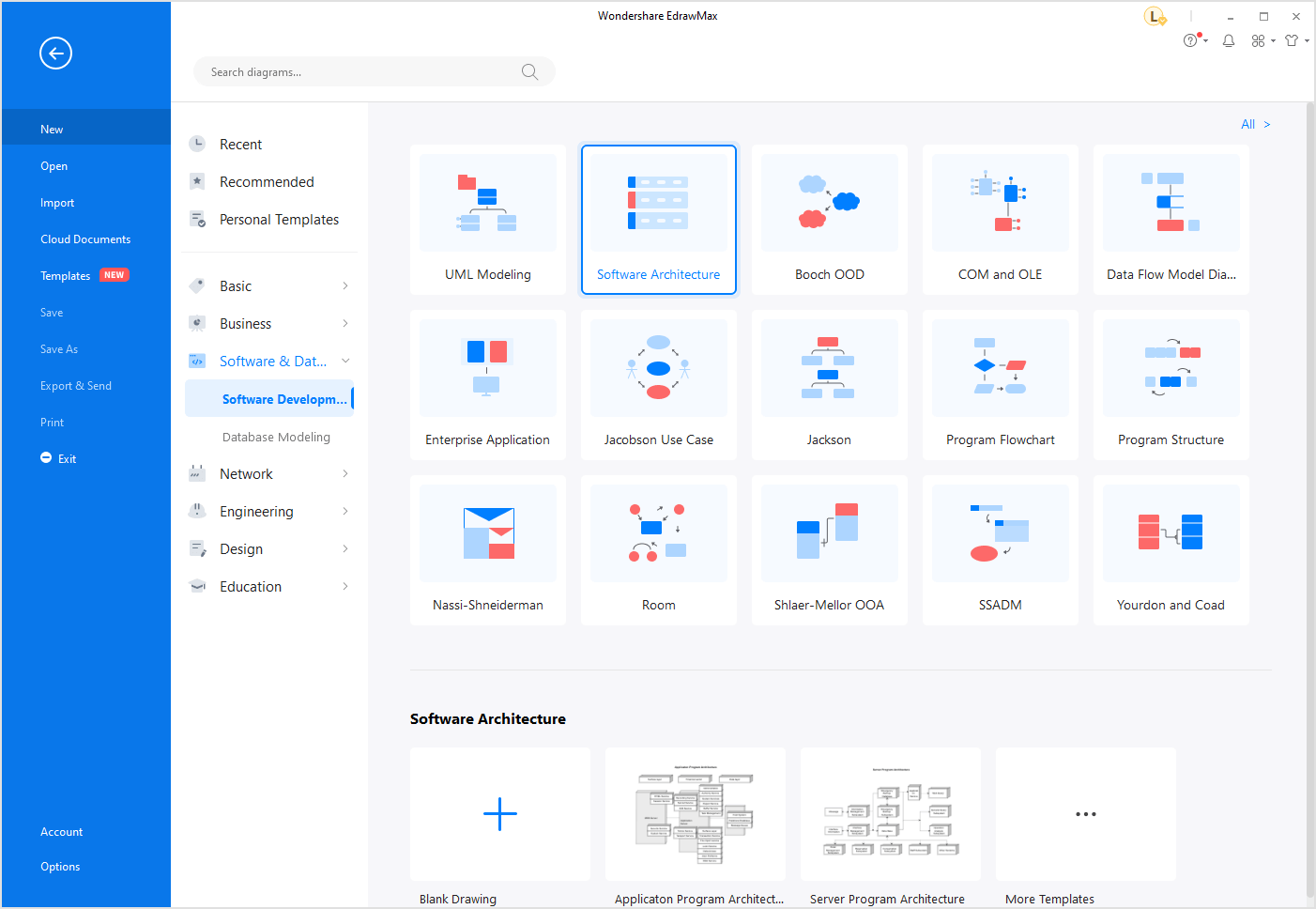
Click [Templates] on the File menu to access numerous templates in the Template Community. These templates help you create diagrams quickly and efficiently!
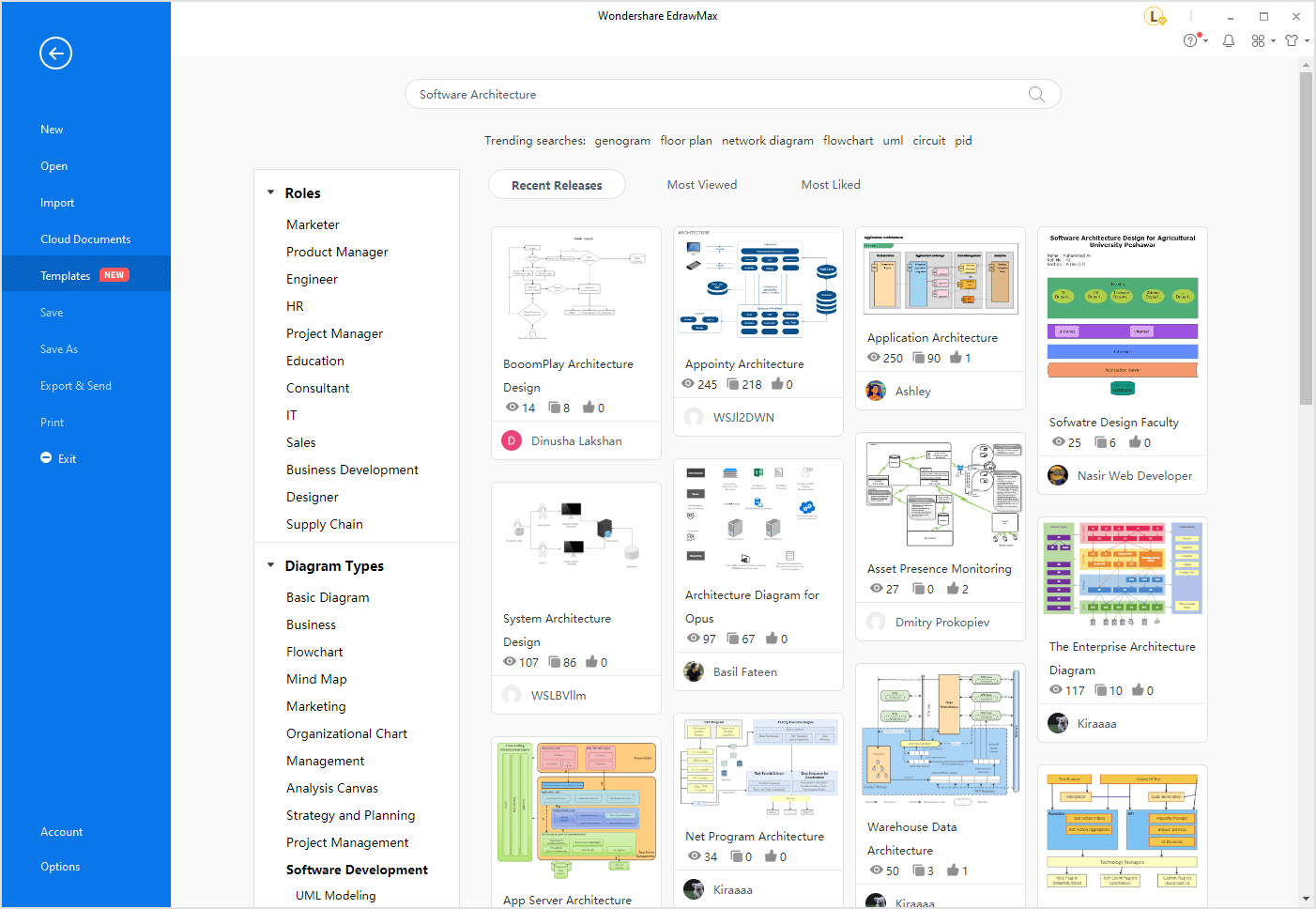
Step 2: Open the [Libraries] menu. Select symbols for system architecture diagrams. Drag and drop symbols onto the canvas. EdrawMax's alignment and position tools help arrange symbols quickly.
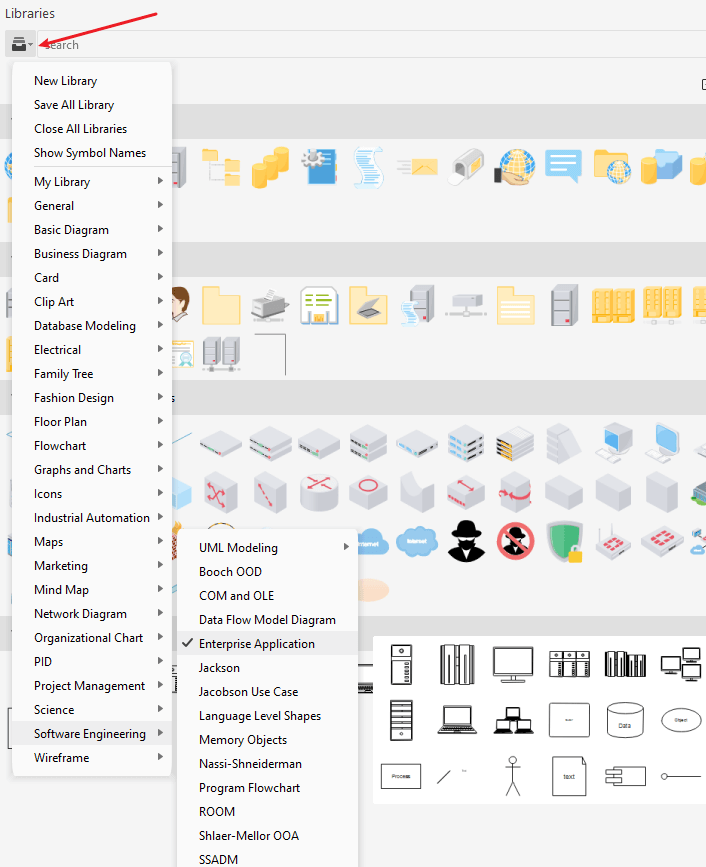
Step 3: Design your architecture using EdrawMax's formatting and editing tools. With fully customizable diagramming capabilities, EdrawMax simplifies system architecture diagram creation.
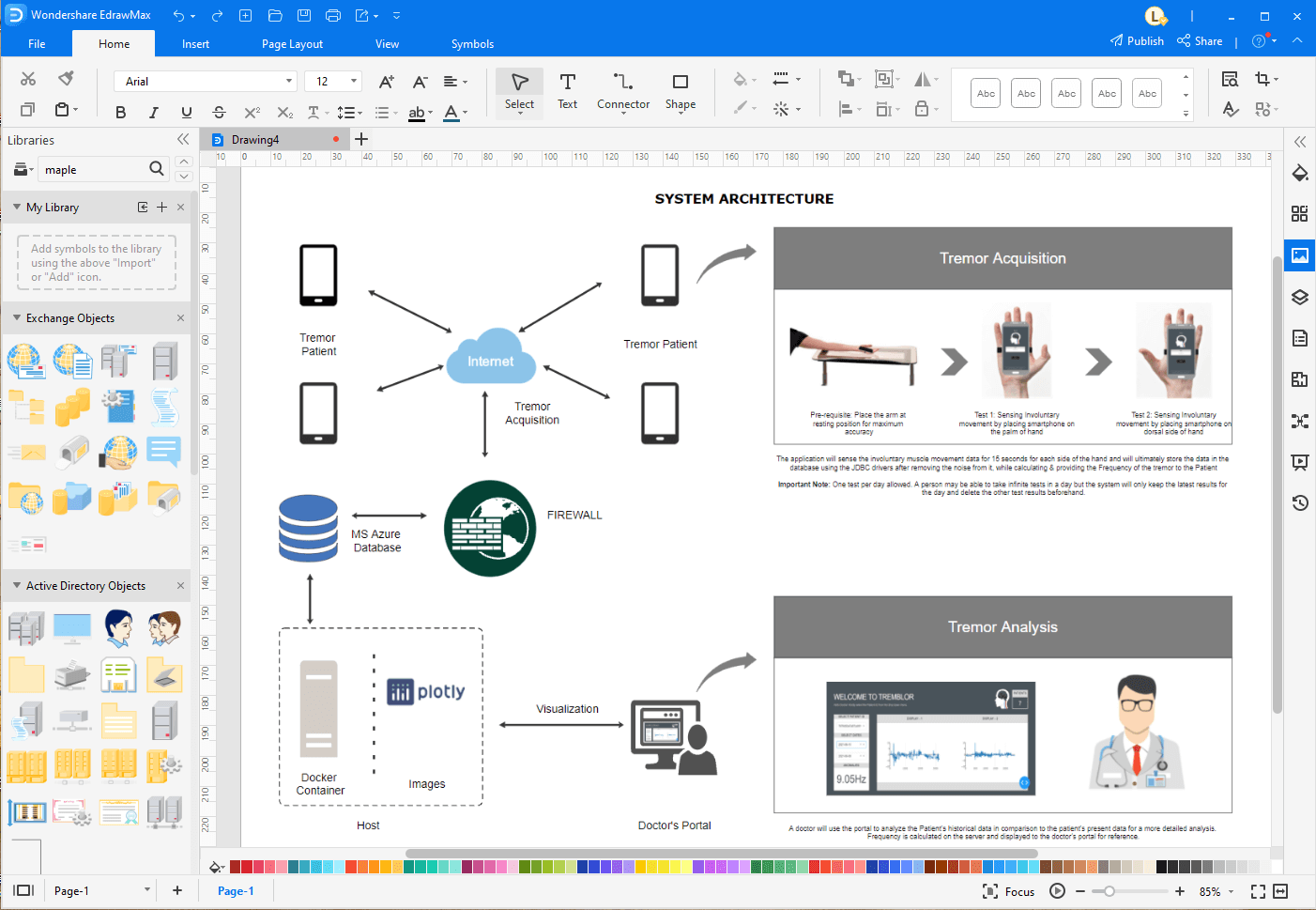
Step 4: After completing your diagram in EdrawMax, share it with colleagues! EdrawMax supports export in multiple formats including Visio, PDF, JPG, PNG, Word, Excel, and PowerPoint.
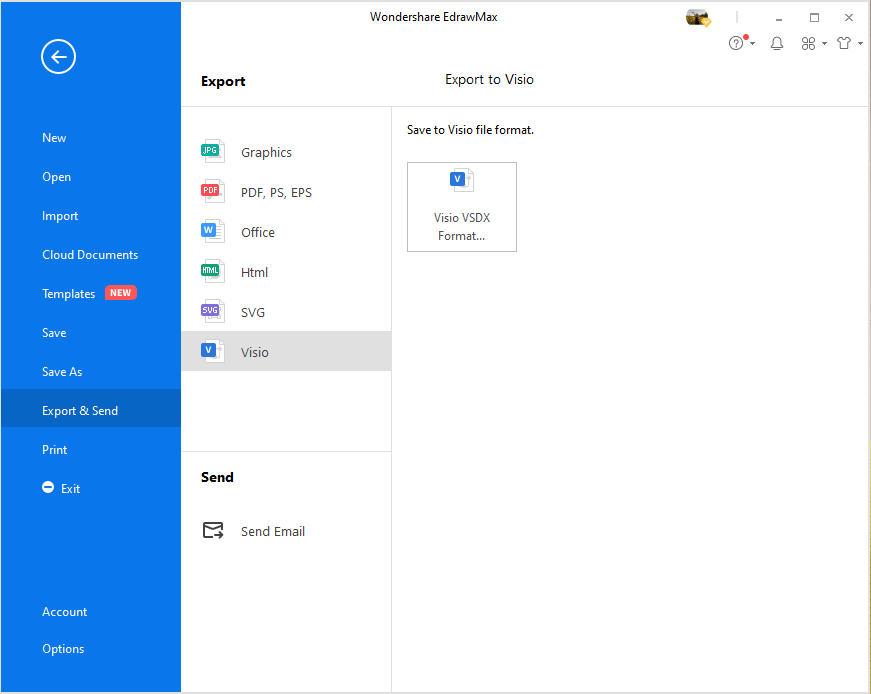
Additionally, EdrawMax allows importing Visio files and converting Visio architecture diagrams within seconds.
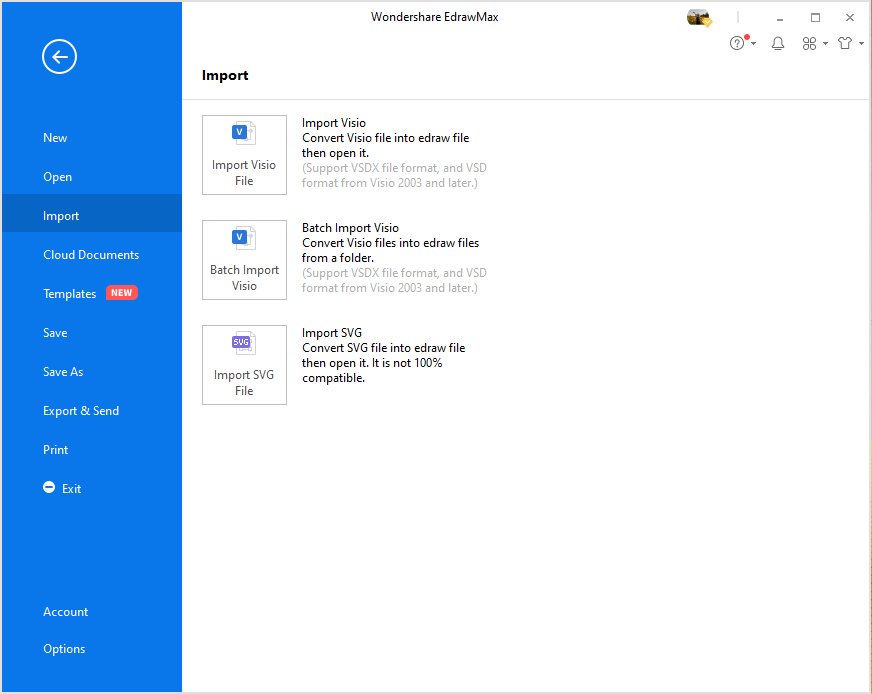
Why Choose EdrawMax for Diagram Creation?
Wondershare developed EdrawMax specifically to simplify diagram creation. You no longer need artistic expertise or diagram specialization to create professional business diagrams.
EdrawMax is exceptional diagramming software available for both desktop and browser use. Its drag-and-drop functionality makes diagram creation accessible to everyone—architects, network engineers, software developers, teachers, business professionals, and more.
EdrawMax provides dozens of industry-specific templates that accelerate workflow efficiency. The software includes over 5,000 diagramming symbols to create precisely the diagrams you need.
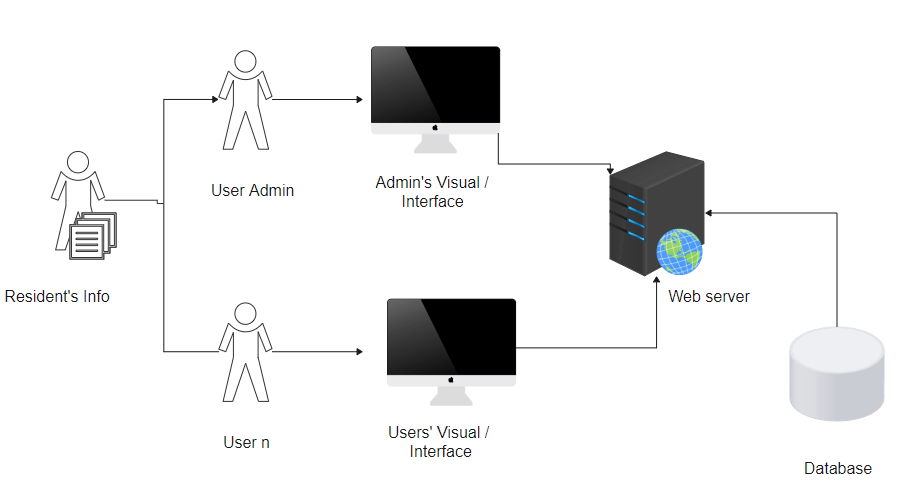 Download This Template
Download This Template 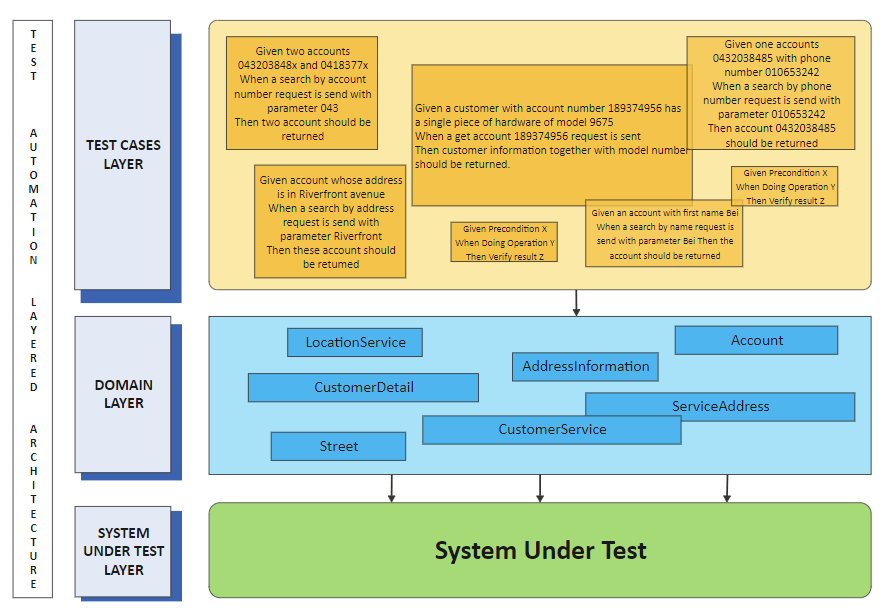 Download This Template
Download This Template 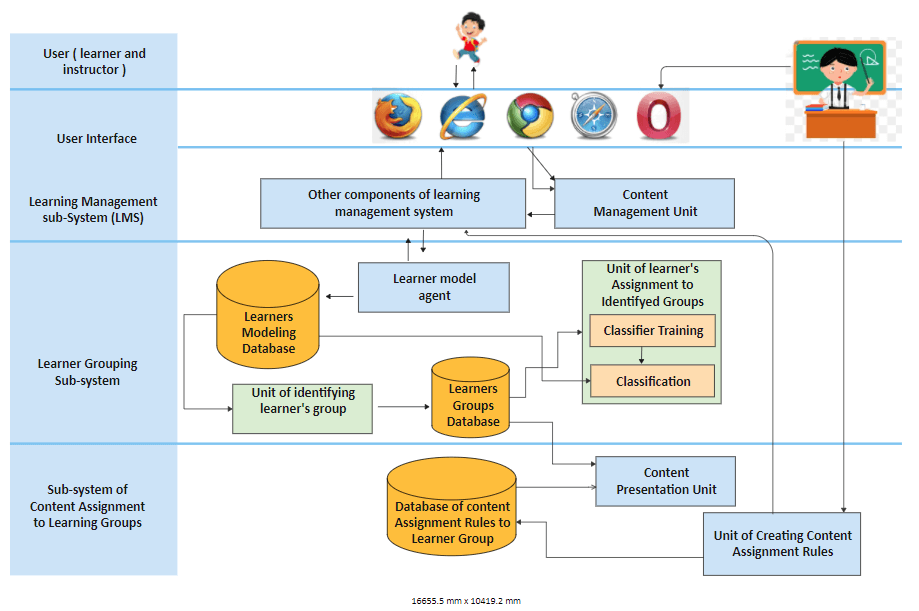
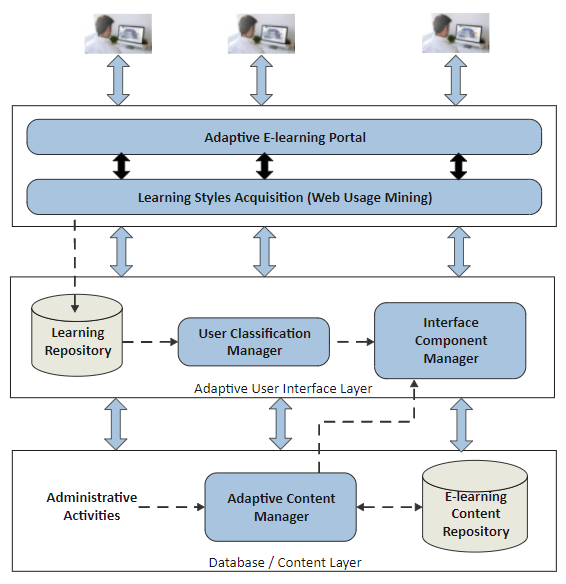 Download This Template
Download This Template 

